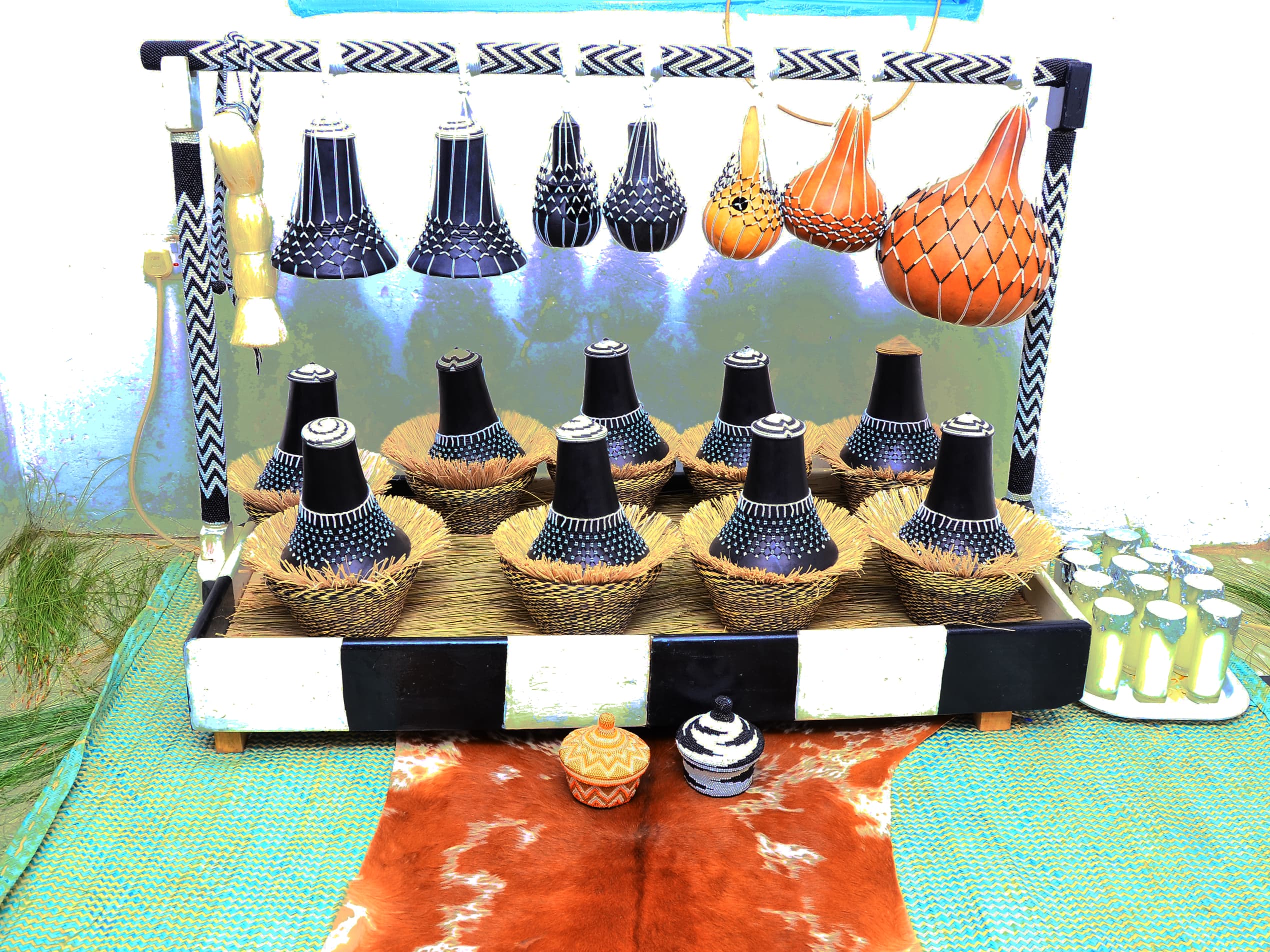
Transforming Tooro Marriage norms: A Push for Gender Equality in Cultural Counseling
BY HOPE LEOTINAH
In Tooro culture, just like any other African traditional culture, marriage is held in high regard, deeply rooted in traditions that emphasize commitment, mutual respect, and the preservation of marital harmony. Traditionally, women would turn to their aunties for advice and preparation before marriage, receiving not only practical guidance but also cultural knowledge essential for a successful union.
This preparation was seen as crucial in ensuring the stability and sanctity of marriage, as divorce was viewed as dishonorable, with the blame often placed on the bride’s family for inadequate readiness.
For many years, Ms Bakasara Rose Abwooli, a 66-year-old resident of Kitumba Binanata B in Fort Portal City, has served as a marriage counselor, dedicated to upholding these cultural values. She believes firmly that “marriage is fulfilling, and once entered, there should be no cause for turning back unless you have entered it without full preparation.”
In Tooro tradition, a key part of this preparation involves the gifting of “Amagita Gobwotero,” a special skin jelly crafted from natural herbs and cow ghee, designed exclusively for the wife and husband. This jelly is believed to enhance physical intimacy, maintain mutual attraction, and reduce the husband’s temptation to seek relations outside the marriage.
Alongside this, women are counseled on specific foods and beverages to maintain vitality, ensuring they can meet their marital obligations effectively.
“This is how the cultural body jelly, Amagita gobwotero, known for keeping couples physically attracted to each other, was traditionally prepared. Unfortunately, not even Google can offer the exact meaning of most of these indigenous words,” She said.
 ihembe Ly’amagita Go’bwotero covered in back cloth.
ihembe Ly’amagita Go’bwotero covered in back cloth.
She noted that most of the natural herbs used in this special jelly were collected from the forests. Ingredients like Eseeta, Ebinananga, Ngingo Iboya, Ehohwa, Eraza, and others were gathered and mixed with cow ghee to create a lotion that made the couple’s skin extra soft, gave off a unique fragrance, and enhanced physical attraction meant solely for the wife and her husband.
However, advocates for gender equality argue that some of these traditional norms have increasingly held women back, hindering progress towards achieving gender equality.
Ms Betty Mujungu, the Voice of Toro’s Gender Desk Team Leader, differs from Bakasara teachings and advocates for a progressive shift in the gender dynamics embedded in Toro’s cultural marriage counseling and strongly opposes the traditional teachings that place disproportionate emphasis on women’s role in fulfilling their husbands’ needs, often at the expense of their own well-being and rights.
According to Mujungu, the current counseling perpetuates harmful norms that equate marital obligation with consent, potentially leading to situations of marital rape and the neglect of women’s own desires and rights within marriage.
She argues that marriage should be viewed as a partnership where both partners share equal responsibility for love, care, and mutual fulfillment.
“We must challenge these narratives that equate a woman’s worth with her ability to please her husband. Marriage should be a mutual exchange of love, respect, and fulfillment for both partners. It’s essential to promote education that empowers women’s growth ensuring that every form of marriage is based on equality and shared responsibility,” She said.
Ms Bakasara explained that traditionally, the food and drinks consumed by women entering marriage were carefully selected to boost their strength and vitality saying local dishes such as Enyamusiri (local dodo), Bamiya, millet, along with porridge, milk, yogurt, fruits, banana juice, and small amounts of black pepper in food, were recommended.
“Women were encouraged to eat plenty of greens and be fully satisfied, as marital duties required significant energy,”
She contrasted this with modern-day preferences for fast foods like chips and chicken, which she believes don’t provide the nourishment needed for such responsibilities.
She said culturally, before a woman went to meet her new husband, her mother would prepare a hearty meal of millet and mushrooms mixed with cow ghee. This meal was intended to make the bride drink plenty of water, keeping her body well-hydrated and ready for the demands of sex.
Mujungu emphasizes the need for updated education within Toro’s cultural practices, advocating for women to prioritize their own well-being as much as their husband’s, and believes that cultural counselors should empower women to assert their rights and boundaries within marriage, ensuring that their voices are heard and respected.
Superintendent of Police (SP) Patrick Muhenda said the cultural marriage counselors need to educate the women to also take care of themselves as much as they do for their family’s needs. Men, too, must be part of this transformation. We need to recognize that our partners are human beings with emotions, needs, and limits, they have the right to say NO when they are not in the mood for marital obligations. It’s our responsibility as men to understand and support them, sharing the load of care and nurturing, ensuring love and harmony in our homes,”
He calls for men to play an active role in this transformation. He urges men to recognize their partners as equal human beings with emotions, needs, and limits, advocating for mutual understanding and support in sharing the responsibilities of care and nurturing within their homes.
Ms Bakasara said another key responsibility of the Isenkati Mwana (aunt) in Tooro culture: ensuring that the bride enters marriage as a virgin. This, she said, brought extra respect to the bride’s family and another role the aunts would extend to teaching the bride how to fulfill her marital duties, including how to engage with her husband intimately.
She said while the expectation of virginity was traditionally placed on both the bride and groom, Ms Bakasara acknowledged that it was less common for boys to meet this standard.
Ms Bakasara said even now in modern times she has continued to teach young women the importance of maintaining cleanliness and cultivating constant love in their marriages.
One of the key principles she imparts is the Batooro saying that a wife should never deny her husband intimacy, (Omusaija Tayangwa) encouraging her to always create a welcoming atmosphere and fulfill his needs.
“This concept is often misunderstood outside Tooro, where some misinterpret it as suggesting that Batooro women do not deny intimacy to any man. However, its true meaning is about ensuring that the husband is not left feeling neglected, both emotionally and physically,” She said.


